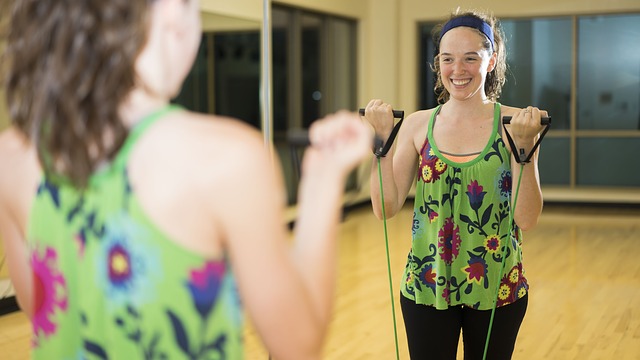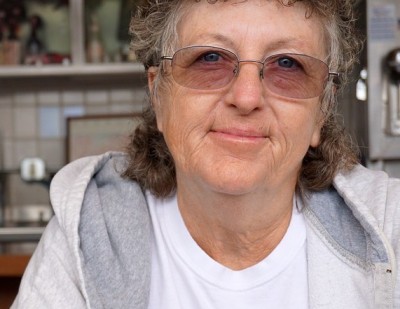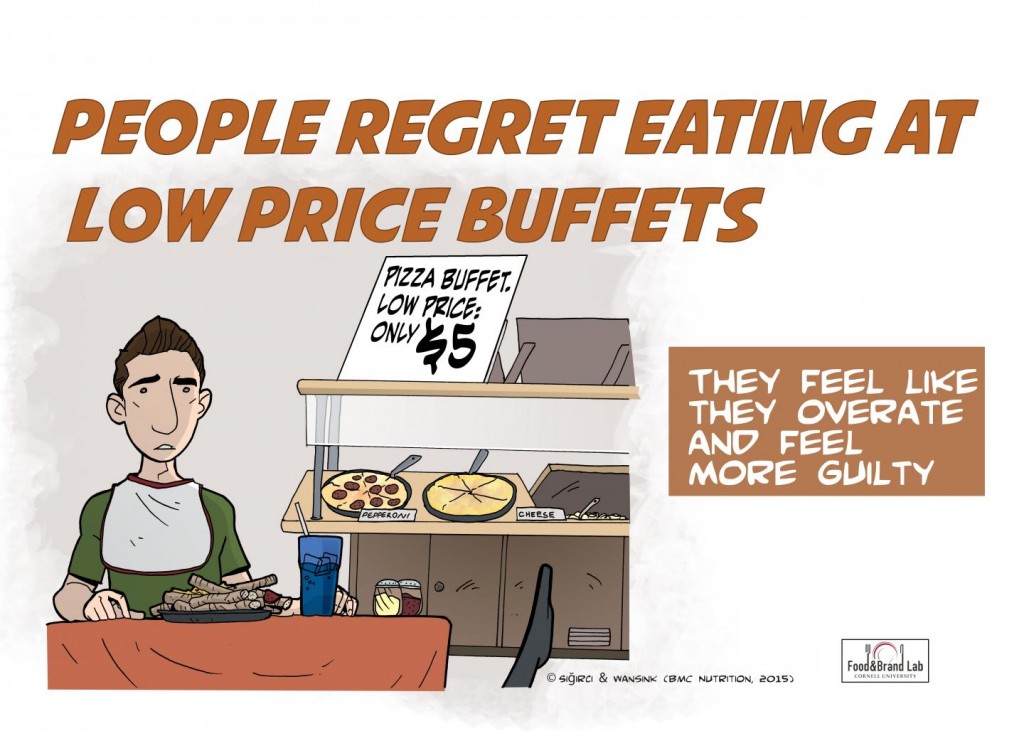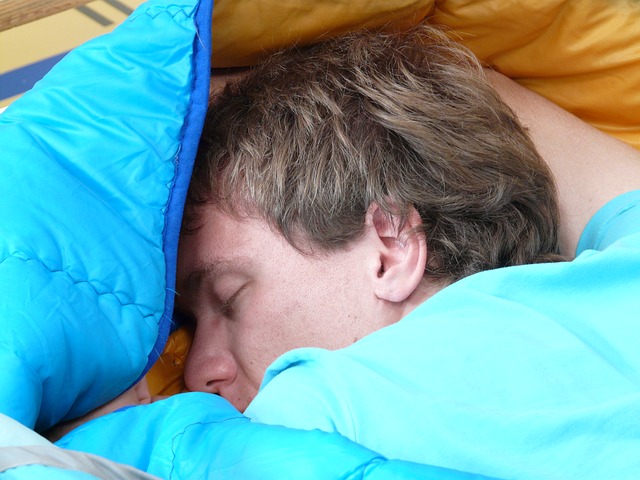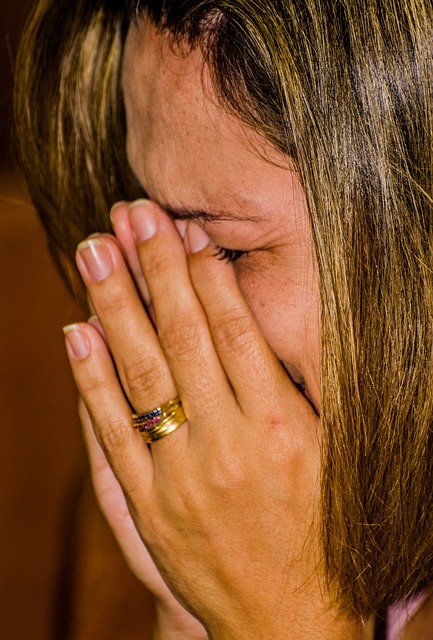January/February 2006 - Meditation helps patients cope with anxiety disorders, but no more than other relaxation techniques, according to a new review of studies.
Although subtle differences emerged, the studies were too small to find any specific anaprtreatment superior, although all were effective.
The review appears in the current issue of The Cochrane Library, a publication of The Cochrane Collaboration, an international organization that evaluates medical research. Systematic reviews draw evidence-based conclusions about medical practice after considering both the content and quality of existing medical trials on a topic.
Only two randomized controlled studies �both from California � met criteria for inclusion in the systematic review.
One study compared transcendental meditation to relaxation therapy and electromyography (EMG) biofeedback, which measures and teaches people how to control their level of muscle relaxation. TM is a form of concentrative meditation, which emphasizes focusing attention onto an object until the mind achieves stillness.
Continue Reading Below ↓↓↓
The other study compared mindfulness meditation to Kundalini yoga, which itself includes a meditative form of breathing called pranayama. Mindfulness mediation encourages being aware of one's thoughts while maintaining detachment.
"The advantages of self-management using meditation includes the reduction in therapists' time, which has not only financial implications but also confers the ability to help large numbers of people," said the researchers, led by Thawatchai Krisanaprakornkit, who runs the Meditation Therapy Clinic at KhonKaen University in Thailand.
But the authors add that meditation has to be able to first stand up to scientific scrutiny: "It is now very necessary to confirm the effectiveness of these meditation techniques if we want to adopt their use for psychiatric patients." They urge that more objective outcomes should be used such as EMG, variability of respiratory and heart rate, and brainwave studies.
The studies comprised 76 patients, including those who dropped out before completion. Neither study reported on side effects, although meditation appears safe at "face value."
For all techniques, patients had significantly improved scores on scales rating anxiety, current mood and symptoms of distress, although sleep disturbance did not improve. Work, social functioning and family relations also improved, while marital relations and sex life were not affected.
Participants who practiced Kundalini yoga had more improvement in scores of perceived stress and purpose in life compared to those who used relaxation or biofeedback.
Treatments were similar in how long patients took to show progress and in how well they maintained improvements.
They all work, so why use an "either-or" approach, asked Dr. James Gordon, chairman of the 2002 White House Commission on Complementary and Alternative Medicine Policy. "Different people do better with different relaxation techniques, and even a single patient might find that different techniques work better at different points in their lives.
Gordon, who is also founder and director of the Center for Mind-Body Medicine in Washington, said that the problem with studies to date is, "We are trying to look at meditation in isolation. We urge meditation be used with group support, guided imagery, physical exercise. It's too much of a burden on meditation to use it on its own."
Meditation is not for everyone, as the high study dropout rates attest. In one study, 24 of 55 participants dropped out, as did seven of the 33 participants in the other.
Continue Reading Below ↓↓↓
For people who need immediate, tangible feedback, Gordon suggests techniques such as temperature biofeedback, in which people use self-suggestion to make their temperature rise and can see the results on a measuring device.
The religious overtones of meditation could potentially cause concern for some people, although Krisanaprakornkit said, "Apart from spiritual aims, people especially in the East usually use meditation to calm their mind, to gain self-control and self-awareness, to increase concentration. Meditation is a part of ritual practice in most of the Buddhist temples in Thailand."
Those who respond best, he said, "have no severe psychopathology such as psychosis, antisocial or borderline personality; are motivated to change themselves; and have willingness to grow and a reasonable level of self discipline."
Although no side effects were noted in the studies, the authors acknowledge, "(T)here are many reports about the adverse events, for example, depersonalization and derealization," similar states in which sense of self is altered, leaving people with a feeling of unreality, as if they do not control their own actions or speech.
Krisanaprakornkit T, et al. Meditation therapy for anxiety disorders (review). The Cochrane Database of Systematic Reviews 2006, Issue 1.
Source: Center for the Advancement of Health

